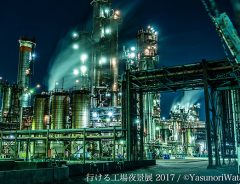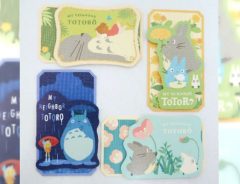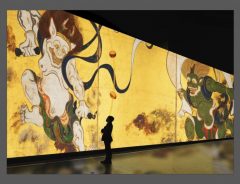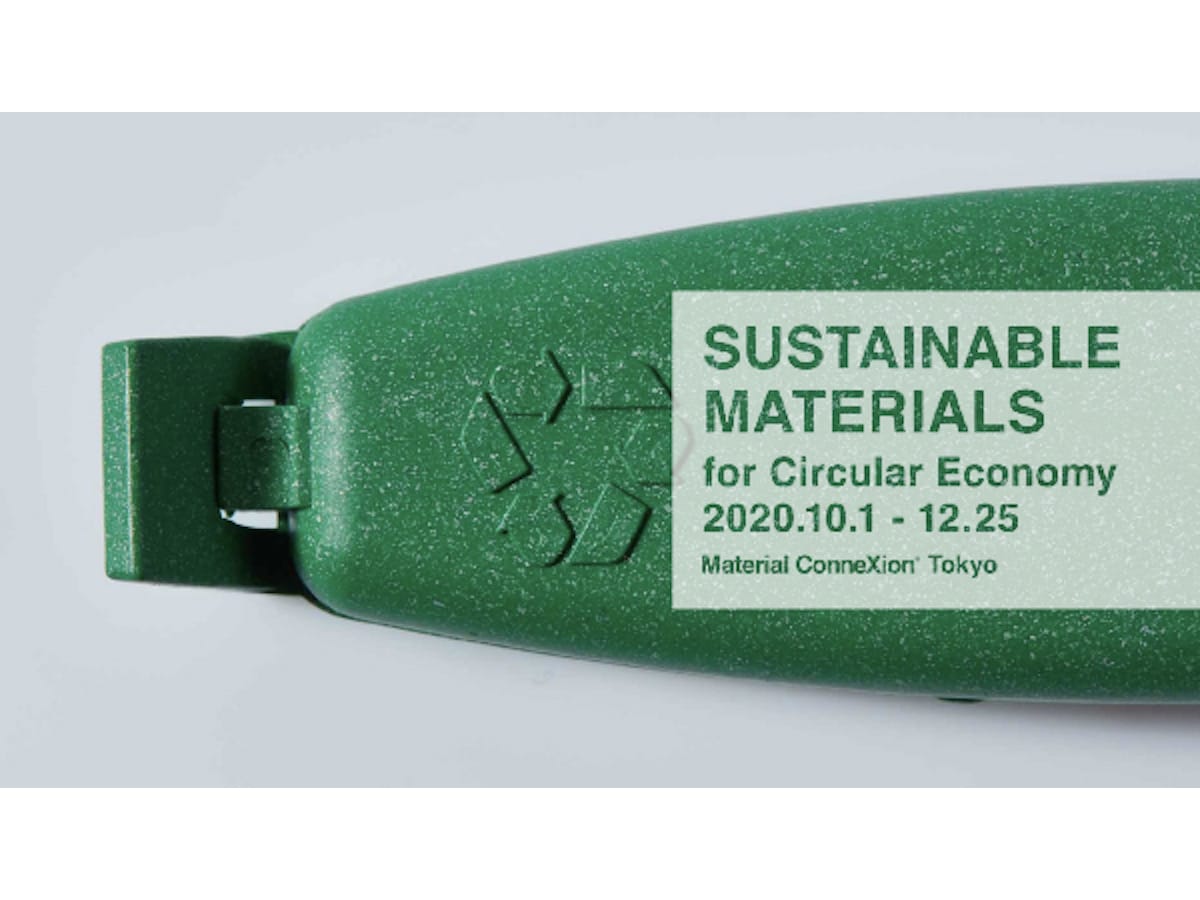- Tags:
- Exhibition / materials / sustainable development
Related Article
-

Naruto, One Piece, My Hero Academia and More At Weekly Shonen Jump Exhibition Vol. 3 [Photo Report]
-

Japan’s Industrial Complexes are Like Final Fantasy 7’s Midgar in Real Life
-

You Can Still Get Beautiful Ghibli-Themed Message Cards From The Studio Ghibli Exhibition!
-

Kotonari Kyoto Picture Book Exhibition starting in March 2021 at Kamigamo Shrine
-

Discover the world of famous artists from ancient Japan at the Otemachi Mitsui Hall Exhibition
-

Second Round Of Themed Food At The Ghibli Exhibition Includes Fans’ Favorite Pie!



Starting on October 1st and running until December 25th, an exhibition of ‘Sustainable Materials for a Circular Economy’ is being held at the Tokyo Axis Building in Roppongi, Tokyo.
Manufacturers around the world currently face the daunting challenge of switching to more sustainable materials while also trying to achieve economic growth. The solution is to create a circular economy – in other words, to break away from the traditional linear economy, whereby natural resources are extracted, turned into products and then disposed of. In the future, the principle of ‘reuse, reduce, recycle’ will be applied to every stage of a product’s life cycle.
Among the exhibitors taking part are such luminaries of Japanese manufacturing as Kurabo Industries, Toyota Boshoku, Nissha, Mitsubishi Chemicals and UACJ. The range of exciting innovations on display includes recycled aluminum materials, bioplastics and biodegradable plastics and lithium batteries, which will be the principal means of storing energy in the future.
© PR Times, Inc.
Kurabo Industries Ltd. will be presenting a thin and flexible film-shaped battery in which the positive and negative electrodes of the battery and the solid electrolyte material are sealed within an aluminum laminate film. It functions as a compact, lightweight battery and has a long life. It can be used to power wearable sensors and flexible displays and can be integrated with solar power cells.
© PR Times, Inc.
NISSHA Co., Ltd. will be presenting three new innovations in molding technology that use wood pulp as a raw material for the production of low environmental impact packaging. Their press molds create shapes even more complicated than those created by plastics makers using injection molding. They even create biodegradable bubble wrap from wood pulp.
© PR Times, Inc.
Mitsubishi Chemicals will be exhibiting their heat-resistant plant-derived biodegradable plastics, plant-derived high-performance polymers for use in paints, and flexible and durable artificial leather. They’ll also be introducing their semi-synthetic triacetate fibre and a wide range of other sustainable products, many made from natural pulp.
© PR Times, Inc.
Toyota Boshoku Co., Ltd. will be presenting their 3D moldable kenaf board. Kenaf is a brown plant fibre similar to jute, traditionally used to make ropes and coarse cloth, but now being used as an alternative to wood pulp. Combining kenaf, which has strong tensile strength, and polypropylene, Toyota Boshoku’s board is both lightweight and rigid and emits much less CO2 than conventional MDF boards.
© PR Times, Inc.
UACJ Corporation will be showcasing its innovations in aluminium manufacturing. It has come up with a recycling system for beverage cans that allows it to create recycled cans that consume just 3% of the energy used to create virgin aluminium.
Representatives from participating companies will be making presentations, in which they introduce their new materials, and there will be a question and answer session at the end of each presentation. The presentations schedule is as follows:
Presentations last an hour, starting at 3pm and running until 4pm. There is capacity for an audience of 60 at each session. Please note that Mitsubishi Chemicals’ presentation will give different presentations during each of its three sessions.
The event is organised by Material ConneXion Tokyo, with the aim of bringing companies together to share their knowledge and collaborate in the creation of new processes and products. Material ConneXion Tokyo is a consultancy company that brings the creators of innovative materials, products, designs and manufacturing techniques together. They have partnered with some of the world's most innovative companies, helping them to find the materials they need to develop new products.
The ‘Sustainable Materials for a Circular Economy’ exhibition opened on October 1st and is due to run until December 25th. The venue is open between 11am and 5pm daily, and is closed on Saturdays, Sundays, and national holidays. Entrance is free.
If you’re unable to make it to the Tokyo Axis Building in person, the entire exhibition is accessible online. You can watch the 11 presentations and submit questions in advance for the companies’ representatives. You can even browse the exhibition stands.
For more information, and to reserve a seat, see here.